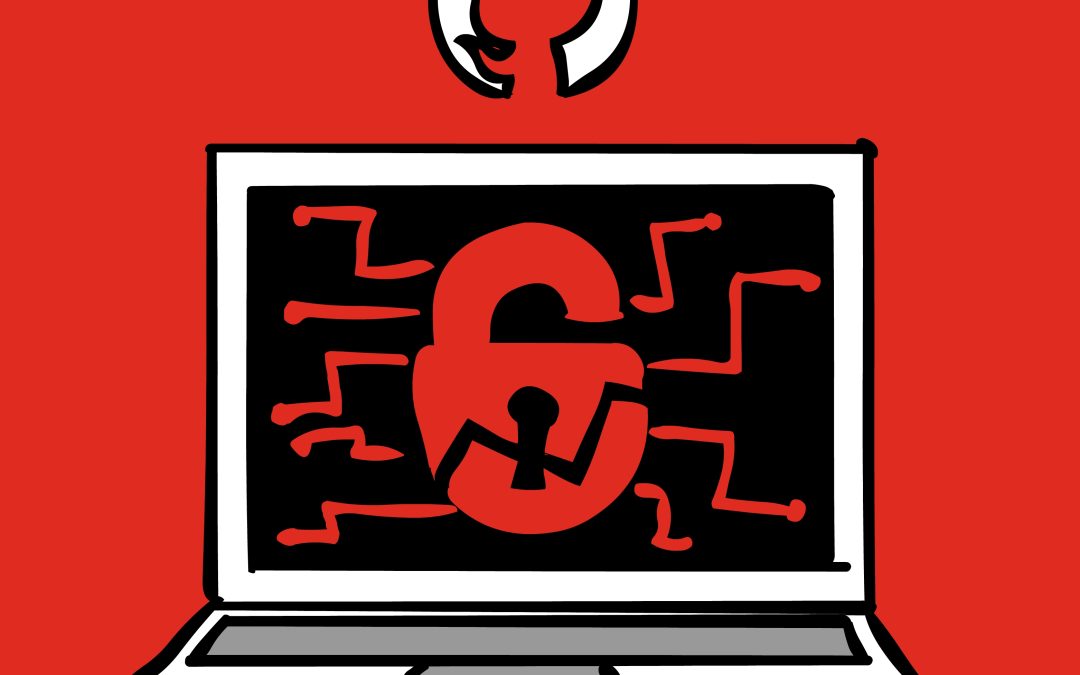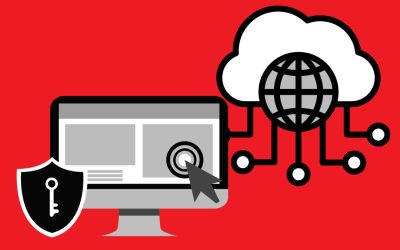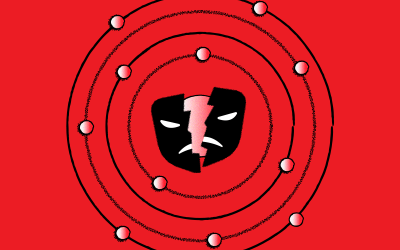GitHub is a web-based hosting service that allows developers to collaborate on software development projects. It is used by millions of developers worldwide, making it a high-value target for cybercriminals. The GitHub breach involved the theft of code-signing certificates, which are used to verify the authenticity of the software.
The breach was detected on December 7, 2022, when unauthorized access to a set of repositories, including a number from disapproved GitHub-owned organizations, was discovered. These repositories were used in the planning and development of GitHub Desktop and Atom. GitHub began an investigation into the incident. The investigation revealed that the malicious actor/s had gained access to a GitHub internal system that allowed them to steal the code-signing certificates by cloning the mentioned repositories.
“Several encrypted code signing certificates were stored in these repositories for use via Actions in our GitHub Desktop and Atom release workflows,” GitHub’s Alexis Wales said. “We have no evidence that the threat actor was able to decrypt or use these certificates.”
The impact of the breach is significant, as it could potentially allow the hackers to distribute malware disguised as legitimate software. This could result in the theft of sensitive information, financial loss, and damage to the reputation of affected companies. In addition, the breach could also undermine trust in GitHub, which is a critical tool for many developers worldwide.
GitHub has taken several steps to address the breach and protect its users. The company has identified the three compromised certificates: two DigiCert code signing certificates for Windows and one Apple Developer ID certificate. GitHub set the revocation of the compromised certificates on February 2, 2023. Users of GitHub Desktop for Mac and Atom will need to take action before February 2, 2023 while there is no impact to GitHub Desktop for Windows users.
Atom version 1.63.0 and 1.63.1 were affected and users can download an earlier version to keep using Atom. There will be no foreseeable updates to Atom since it has not seen any notable feature development in recent years. Atom’s sunsetting was also announced and officially set on December 15, 2022. The affected versions of GitHub Desktop for Mac are 3.0.2, 3.0.3, 3.0.4, 3.0.5, 3.0.6, 3.0.7, 3.0.8, 3.1.0, 3.1.1, and 3.1.2.
GitHub has implemented additional security measures to prevent similar incidents from occurring in the future and released an update to the latest versions of GitHub Desktop and Atom to ensure they are using new and uncompromised certificates.
Despite these efforts, the GitHub breach underscores the importance of strong cybersecurity measures for software developers. It is crucial for developers to implement best practices for securing their code, including using strong authentication methods, encrypting sensitive data, and regularly updating software to address security vulnerabilities.
One of the lessons that can be learned from the GitHub breach is the importance of physical and digital security. GitHub has disclosed that the repositories were cloned through a compromised personal access token with a machine account but it was not expounded if the breach happened within company premises or via remote connection.
The GitHub breach also highlights the potential vulnerabilities in code signing. If hackers can gain access to code-signing certificates, they can use them to distribute malware disguised as legitimate software. This underscores the need for organizations to implement robust security measures to protect code-signing certificates and ensure they are not compromised.
Another lesson that can be learned from the GitHub breach is the importance of incident response. GitHub responded quickly to the breach by revoking the compromised certificates, issuing new certificates, and invalidating affected versions of GitHub Desktop and Atom. This swift response helped minimize the potential damage from the breach.
Organizations should have an incident response plan in place to respond quickly and effectively to security incidents. This should include a detailed plan for detecting and investigating security incidents, notifying affected users, and implementing remedial actions to prevent similar incidents from occurring in the future. It is also important to review access permissions especially for those who were given privileges to confidential files and system images. The implementation of a unified identity protection system will help prevent unauthorized access to critical and confidential data.
In conclusion, the GitHub breach is a significant security incident that highlights the importance of cybersecurity measures for software developers. The theft of code-signing certificates could potentially allow hackers to distribute malware disguised as legitimate software, which could have serious consequences for affected users. GitHub has taken steps to address the breach and protect its users. Still, the incident underscores the need for organizations to implement robust security measures to protect code-signing certificates and respond quickly to security incidents. Developers should also implement best practices for securing their code to help prevent similar incidents from occurring in the future.
About IPV Network
Since 2016, IPV Network has been a trusted partner of leading enterprises in the Philippines. It brings the best-of-breed cybersecurity solutions. IPV network helps businesses identify, protect, detect, respond, and recover from cyber threats. Email us at [email protected] or call (02) 8564 0626 to get your FREE cybersecurity posture assessment!



